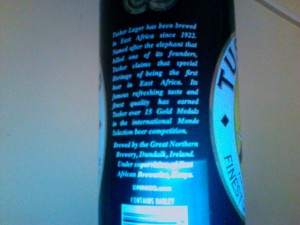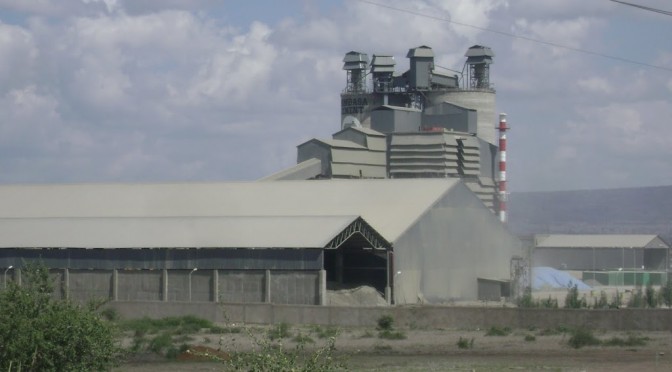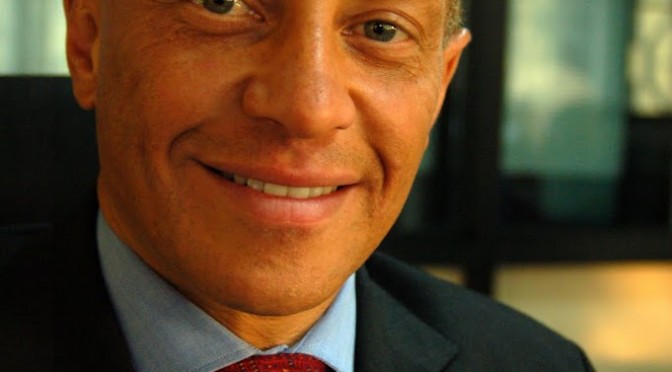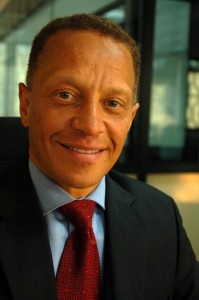Twitter is a micro-blogging tool that is really nifty for doing mini-posts, forwards and other remarks that (are on any subject) and are maybe not worthy of a full blog post. Here’s a summary of my week on Twitter in a Dave Letterman top 10 format :
10. Uganda Talks
– r/t @UgInsomniac Uganda Government gives ousted Thai Premier Thaksin Shinawatra, a new UG passport- http://bit.ly/7xfU8t/ (Kenya sold him wildlife)
– R/t @UgInsomniac MapSwitch Uganda boldly going where no banks have gone? http://mapinternational.net/. #ugandalug
9 Visa Place burns
– What’s that fire in upper hill area?
– @rookieke was visa place on fire, poor chicken
– @jwesonga shebeen great place, good staff. And in Kenya style, it will be packed tonight, if it survives neighbour fire
8. G4S (in) Security Jokes
– A g4s truck parked by road side in kile-any missing cash today?
– Poor #G4S Kenya, after the weekend cash loss, they may have to sweep key staff and revert to old name securicor
– @coldtusker @mwirigi #G4S not to blame, customers move $ for evasion, business & commodity payments etc to bypass currency restrictions
– @mwirigi looks like real world inside job-at either G4S, seller, buyer or bank. Off to watch reel-world #heat movie this aft
– Embattled security firm #G4S hires Gina Din Comm. to spruce up image (via Nairobi star)
7 Kenyan Banks
– #stanchart bank loan hawks out on Nairobi streets again. Also KCB and family bank
Kenya MFI Faulu acquires insurance broker http://www.faulukenya.com
– Will check out family bank offer of free Wi-fi for customers’ next week @jwesonga
6 Zain Kenya
– Seems Zain Kenya turned on their 3G network this weekend, super net speeds (Via @kahenya)
– Zain Q3 ‘Kenya is a highly competitive market with very low ARPU’ 2.1M customers (down 14%) revenue of $118m, loss of $28m (much improved)
5. World Cup 2010 business
– @AirFranceUS promoting World Cup fares (from Paris) to South Africa. Book early and save! http://ow.ly/FjUk
– r/t @cnbcafrica 2nite on Business 2010 exclusive license deal between FIFA & Nederberg Wine Estate to produce a 2010 FIFA World Cup wine range
4. Africa Aviation
– Delta Air has Ghana Nigeria Liberia Senegal Egypt but no Kenya plan http://airlineroute.net/200… (Via @airlineroute)
– Ethiopian Air CEO talks aircraft choice A350, B787 B777 operating from high altitude Addis http://tinyurl.com/yffkkpc (via @flightblogger)
– Kenya airways offering diploma in airline passenger services at a cost of $1950.
– R/t @aschonland delta passes half connectivity mark- 51% of aircraft fleet now have wi-fi
3. Safaricom Modem discount
– #Safaricom deal data push discount – modems now redeemed at just 2,000 bonga points, used to be 10,000 before @kafainbi @antoneosoul
– @Kafainbi website and posters say 10,000 but modems are now 2,000 bonga points – try Moi ave. or I&M for stocks
2. Kenyan Corporates on Twitter
– can the real Kenya airways please stand up!!.. @kenyaairways and @kenya_airways on twitter, is one a squatter or both? (Via @jwesonga)
– Following @samtwit and @coldTusker as they sort out which is the genuine #kenyaairways twitter account. They could both be fake or fans
– @samtwit confirmation should come from a twitter link at the #kenyaairways site. A smart aviation buff can fake a corporate twitter ac
– @KenyaAirways is the official #kenyaairways twitter account. (@coldtusker, @rafikikenya – via semi-official source)
– Finally an indigenous Kenyan bank on twitter @familybankkenya
1 Tusker brewed in Ireland
– Tusker now sold in 500ml cans, cost 85/= at uchumi. @archermishale get well, and catch up with @inexes 
– The Tusker 500ml can is brewed in Ireland! EABL #Fail #godblessthierryhenry




